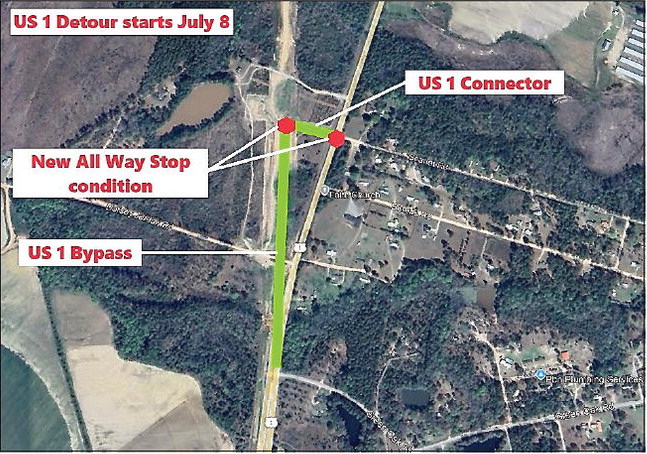Unemployed Georgians facing cutoff of federal benefits
Georgia is about to join 25 other mostly Republican- led states in cutting off supplemental federal unemployment benefits before the Biden administration ends the program in September. On June 26, the state Department of Labor will stop issuing weekly checks of $300 to an estimated 278,000 jobless Georgians under an initiative then-President Donald Trump launched last September.
Gov. Brian Kemp announced the change last month after business leaders complained the extra income is discouraging unemployed Georgians from returning to the workforce, making it hard for companies to fill jobs opening up as the coronavirus pandemic eases.
But Democrats and labor advocates argue the move will hurt low-income families, particularly Blacks and Latinos, by depriving them of the safety net they need to avoid falling into poverty. A coalition of statewide business organizations stated its case for the benefits cutoff last month in an op-ed spearheaded by the Georgia Chamber of Commerce.
“As we continue to recover from this pandemicinduced recession, we are hearing from a growing chorus of small business owners, agricultural leaders, managers in retail, manufacturing and nearly every industry sector across the country concerned about the lack of available workforce,” the article stated.
“Retailers cannot keep certain items in stock and factory orders are piling up. Because they cannot find labor, businesses are starting to turn down orders, raise prices and some are even considering closing permanently. Many restaurants are only offering drivethrough, pick-up service not because of COVID, but because they cannot find enough workers to support full-scale operations.”
A report released this month backs up the business leaders’ argument. According to a nationwide survey of 3,789 small business owners conducted by Boston-based Alignable Inc., 55% of small employers say they can’t find the workers they need to succeed, up 5% from May.
“We need more people in the workforce to create more productivity,” Kemp said. “We’ve got really good companies with good pay and great benefits.”
While business owners say the weekly federal checks are acting as a disincentive for unemployed Georgians to go back to work, labor advocates say other factors are keeping otherwise willing workers from coming back.
Charlie Flemming, president of the Georgia AFL-CIO, said many women are being forced to stay home because they can’t find child care workers.
Others aren’t going back to their jobs for fear of COVID-19, he said.
“We lag behind a lot of states in getting people vaccinated,” Flemming said. “Why would people want to go out and risk their lives?”
“The state is punishing 278,000 Georgians and rejecting tens of millions of federal dollars due to unfounded claims blaming workers rather than the ongoing pandemic, trouble accessing child care and low wages for difficulties in hiring,” added Ray Khalfani, a policy analyst for the Georgia Budget and Policy Institute.
Khalfani said turning away federal unemployment benefits not only rips away low-income Georgians’ safety net but removes dollars that otherwise would benefit the overall economy.
David Sjoquist, an economics professor at Georgia State University, said losing the federal checks will represent a little less than $2 billion in economic impact to the state.
While that’s not much in terms of a Georgia economy with $540 billion in personal income, Sjoquist said it’s expected to trim up to 10% off the state’s economic growth.
Assuming Georgia’s economy is growing at an annual rate of 5%, cutting off federal unemployment benefits will knock that growth rate down to 4.5%, he said.
“That’s not trivial, but it’s not huge,” Sjoquist said.
Flemming said the ultimate solution to the labor shortage is raising wages. Georgia’s minimum wage of $5.15 an hour is the lowest in the country, although the federal minimum of $7.25 an hour supersedes it for most workers.
President Joe Biden has issued an executive order that will increase the minimum wage for federal contractors to $15 an hour starting early next year. Some states have approved phasing in their minimum wages over several years to $15 per hour.
But even at $15 an hour, Georgia workers would be earning only about $31,000 a year, roughly the same they’ve been getting on unemployment.
In its op-ed, the business coalition recommended not only eliminating the $300 weekly federal checks but creating a “statewide job-signing bonus program or other back-to-work initiative that helps match jobs to job seekers.”





